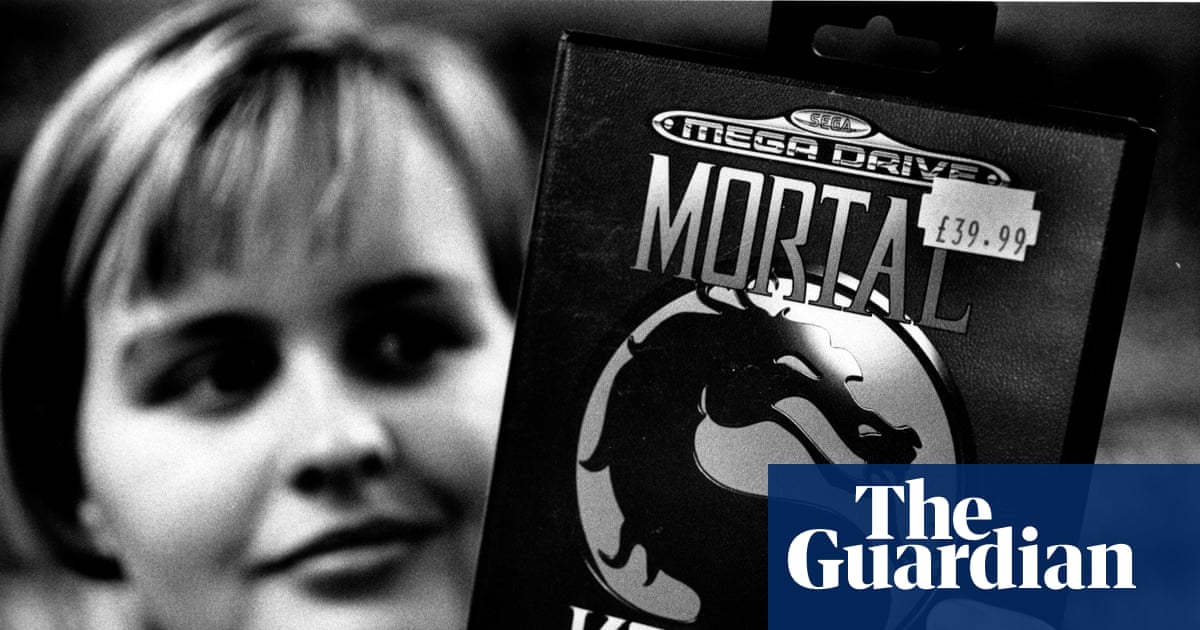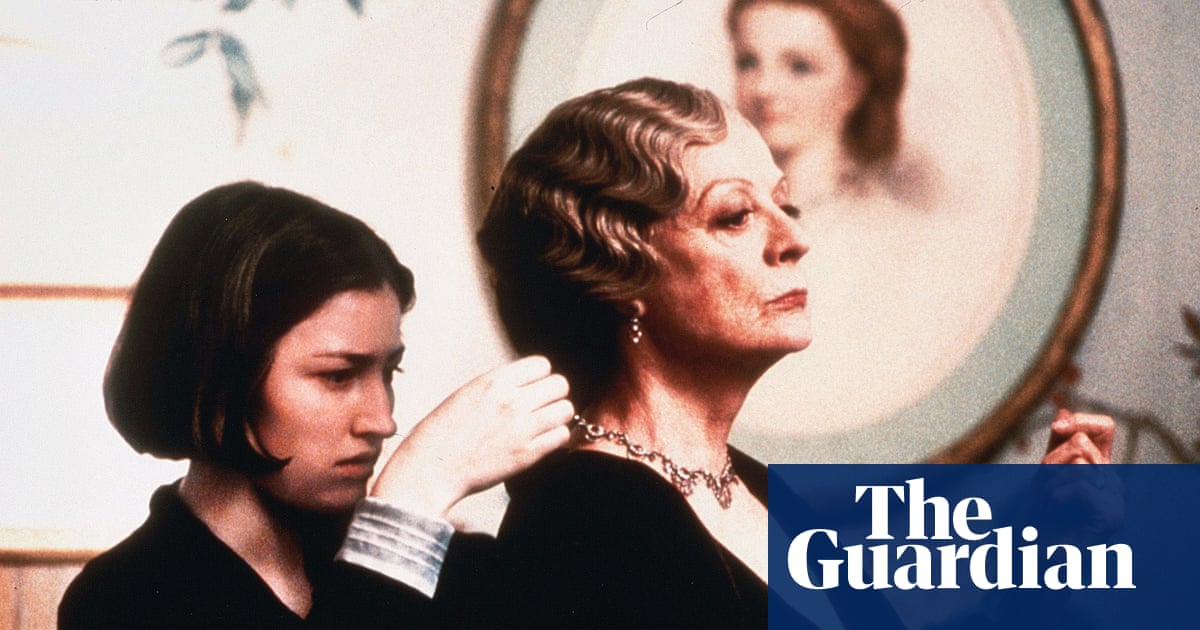The Scottish verdict of “not proven” – a global legal anomaly thought to be a key factor in the country’s significantly lower convictions rate for rape and sexual assault – has been abolished.
MSPs agreed to scrap the unique Scottish verdict as they voted through a series of major reforms that Angela Constance, the justice secretary, said “put victims and witnesses at the heart of a modern and fair justice system”.
The abolition of not proven – a third option for juries that dated back to the 18th century and which acquitted an accused person but stopped short of finding them not guilty – was welcomed by the campaigner known only as Miss M as “giving survivors and their families back their voice”.
Miss M launched her campaign against the verdict in the Guardian in 2018 after winning a landmark civil action when the criminal case against the man she accused of raping her on a university freshers’ week night out was found not proven.
She said: “We have all spoken up about how damaging this verdict is. Today we have been listened to and the improvements to the legal system are going to make it fairer and clearer going forward.”
In 2022-23, the not proven verdict made up 61% of rape and attempted rape acquittals, compared to an overall rate of 22% for all criminal offences. She added: “To know that another rape victim isn’t going to experience what I had to go through after my criminal trial ended is the very reason I’ve invested so much time and energy into this campaign.”
The final vote on the Scottish government’s victims, witnesses and justice reform bill saw the bill pass by 71 votes to 46 after a lengthy debate considering more than 160 amendments.
Constance told MSPs on Wednesday afternoon it was “time to come together” to support the bill, which also reforms the jury process to require a two-thirds majority for conviction, establishes a specialist sexual offences court, and enshrines in Scots law the right to lifelong anonymity for rape complainers (the Scottish legal term for complainants).
She said: “By changing culture, process and practice across the system, it will help to ensure victims are heard, supported, protected and treated with compassion, while the rights of the accused will continue to be safeguarded.”
The bill will also establish a victims and witnesses commissioner and provide an automatic right to publicly funded, independent legal representation for complainers to oppose applications asking questions about their previous sexual history.
But former Liam Kerr, the shadow justice secretary, told the Holyrood chamber that the bill “misses so many chances to do better”. He said the Scottish Conservatives voted against the “half-baked” final bill after their amendment to establish an inquiry into grooming gangs in Scotland fell, as did their “no body, no release” proposal to require the parole board to consider whether killers have provided information on the whereabouts of their victims’ remains.
The chief executive of Rape Crisis Scotland, Sandy Brindley, commended the “many positive steps” in the new law but reiterated “serious concerns” about the increase to the jury majority. “Research shows a reluctance to convict rape cases and deep-rooted prejudices around sexual violence affect public attitudes and jury decision-making every day. An increased jury majority will undoubtedly make survivors’ fight for justice even harder.”
The Faculty of Advocates and the Law Society of Scotland have also cautioned that the increase from a simple majority to two-thirds, and how that would act in conjunction with the abolition of not proven, could “cheapen the guilty verdict”.

.png) 1 month ago
41
1 month ago
41

















































